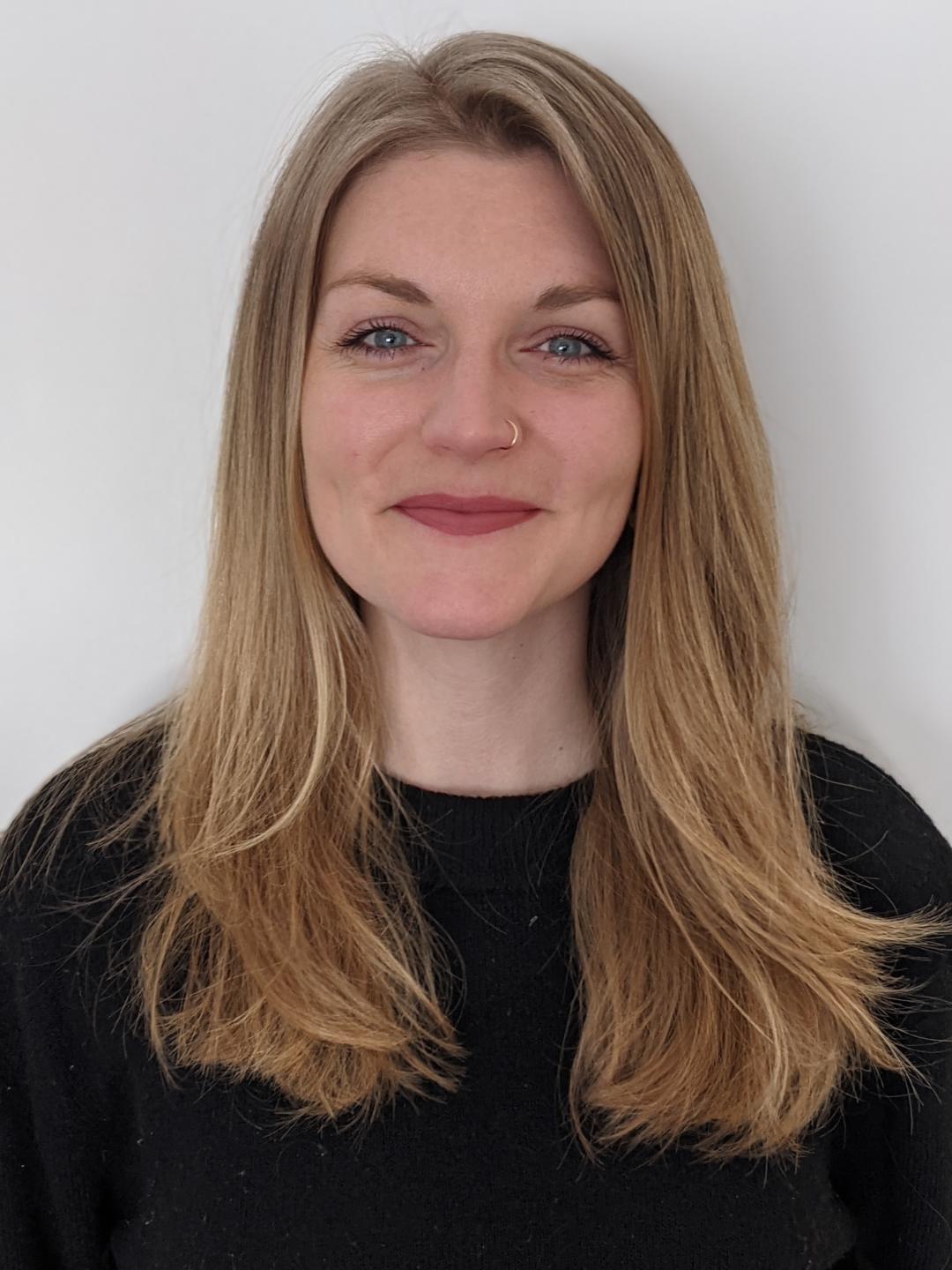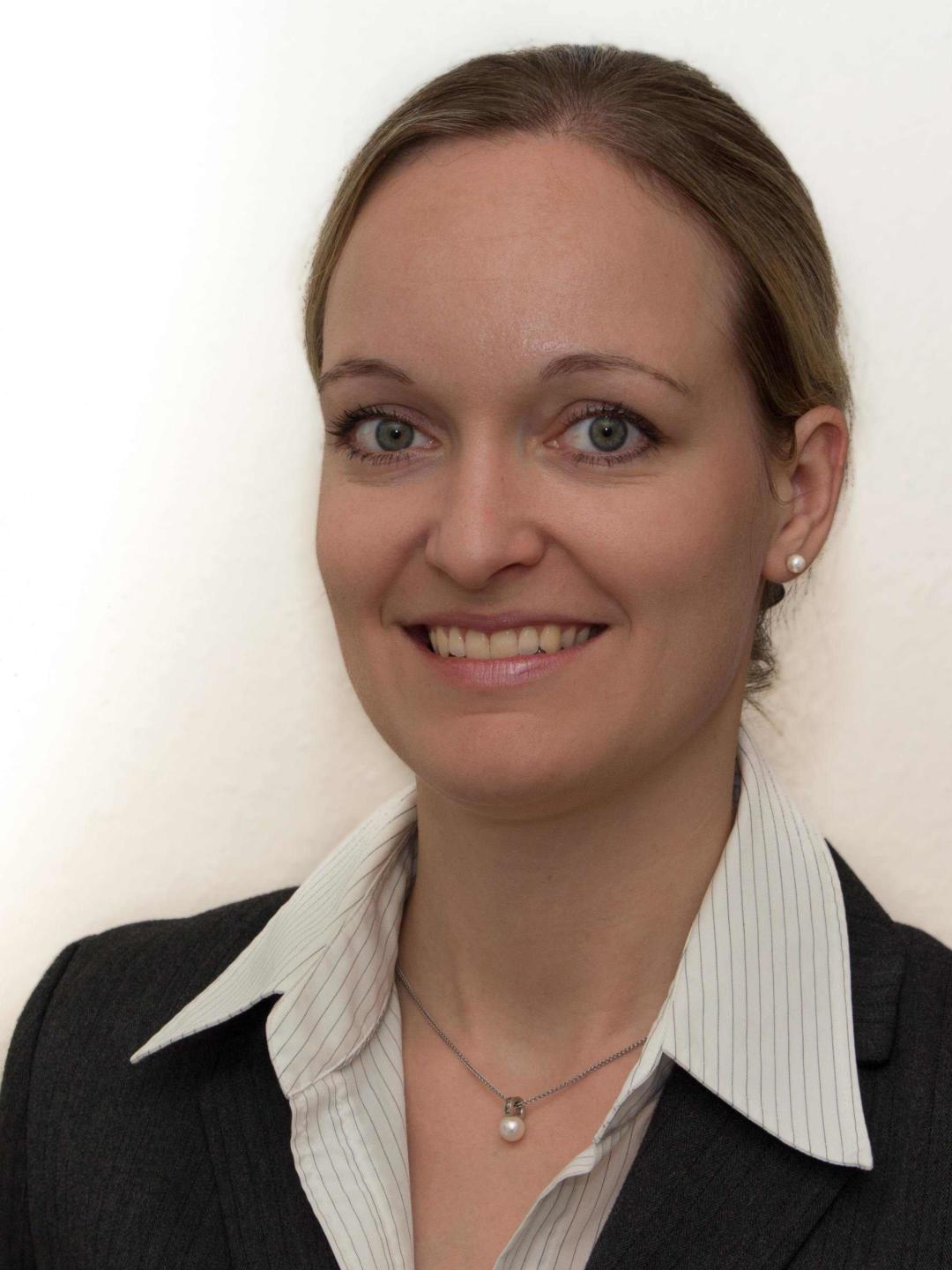At Udacity, we’re thrilled that our courses are taught by some incredible, brilliant women. To celebrate Women’s History Month, we sat down with five of our Nanodegree program instructors to hear about their experiences in their respective fields.
In these interviews, we asked the instructors about their careers, experience working in tech and advice for breaking into the industry.
Emily Lindemer — Ph.D. from Harvard Medical School and MIT Engineering, instructor for the AI for Healthcare Nanodegree program
Aida Isay — Senior Android Engineer, instructor for the Android Kotlin Developer Nanodegree program
Antje Muntzinger — Self-driving Car Engineer and Technical Lead for Sensor Fusion at Mercedes-Benz, instructor for Self-Driving Car Nanodegree program
Anh Hoang — Raytheon BBN Technologies, instructor for Cloud Developer Using Microsoft Azure program
Christine Izuakor — Founder and CEO of Cyber Pop-up, instructor for the Introduction to Cybersecurity Nanodegree program
Q: What inspired you to become a Udacity Instructor?

Emily Lindemer: “Teaching with Girls Who Code for a year made me realize my love for teaching, and it was a part of my life that I felt I was missing until Udacity came along…I was on the fence at first, but when I saw though that there weren’t any other female instructors on the panel, I thought ‘If not me, who?’ I couldn’t stop thinking about the girls I taught in GWC and how important it had been to them to have a female leader.”

Aida Isay: “Working professionally in startups showed [me] how most android courses are so far away from building real apps, so I wanted to share some pain points and tidbits of knowledge I’ve gathered while building and scaling Android Apps.”

Antje Muntzinger: “I fell in love with Udacity some years ago when I completed the Machine Learning Nanodegree. It was a great experience because the instructors were so motivating and the online community was very supportive. I am happy to give back to the community as an instructor now, and I hope that students can profit from my experience as much as I profited from other Nanodegrees in the past.”

Anh Hoang: “ I believe everybody is a teacher and a learner. Teaching is the best way to learn — likewise, learning something new and sharing it with others is the most rewarding experience.”

Christine Izuakor: “I became obsessed with addressing two challenges: The lack of flexible security services and the shortage of cybersecurity talent. All in all, I am excited about building the next generation of cybersecurity professionals!”
Q: As a female in a largely white, male-dominated field, do you have any advice for breaking into and excelling in tech?
Emily Lindemer: “I’m going to say it: the glass ceiling is real. I know that there’s been tremendous progress, but women are still working twice as hard to climb the ranks. I still find myself in situations where men who are less credentialed and less experienced are listened to more and given more opportunities than me. My advice then, to other women who want to break into and excel in tech, is to recognize your accomplishments and your objective, intrinsic value. Let this be your driving force.”
Aida Isay: “When it comes to excelling in tech you must raise your voice, be proactive, and challenge the status quo. Do you think the code can be simpler and cleaner? Then open a pull request making the code simpler and cleaner. Don’t wait for a Jira ticket to land on your plate. There is a feature the product team is proposing and you’d like to work on it? Raise your hand and say you’ll do it. Someone is getting credit for your work? Right there and then, mention that you did it.”
Antje Muntzinger: “As a woman, you still have to prove yourself a bit more, you always have to go the extra mile. But, there are also advantages to being a woman in a mainly male industry, because you stand out and everybody knows you quite quickly. Follow your interests and stay persistent.”
Anh Hoang: “My advice is to build a passion project. Reach out to organizations or groups you have been involved in, and offer to help. Keep an eye out for opportunities–whether they are short-term projects, hackathons, or that student group you are involved in that needs software help.”
Christine Izuakor: “One of my favorite quotes is, ‘Be so good that they can’t ignore you.’ I believe that as a person of color in the tech industry today, that’s what I have to do. Be epic. In-depth knowledge, performance, and credentials command respect. When you’re the best at what you do, and people desperately need your skillset, they tend to care less about what you look like or where you came from. So I focused on being an eternal student, constantly learning as much as I could, honing my skills, and growing to a point where I knew my domain really well.”
Q: What key advice would you give Udacity students?
Emily Lindemer: “Be curious. Consider Udacity as your chance to open a door into a new field, the choice of what to do once you go through it being yours alone.”
Aida Isay: “The projects after each lesson and capstone projects are there for a reason. Pay close attention to them, enhance them by adding extra features on your own and make sure to publish them on your GitHub.”
Antje Muntzinger: “Stay focused, connect online with peers and mentors and reserve enough time to make constant progress.”
Anh Hoang: “You do not need to learn everything to get the job done. Focus on learning enough to complete the task. You can always iterate and improve, but it is important to have a baseline first.”
Christine Izuakor: “Never stop being a student. Things change so quickly! It’s important to dedicate yourself to a life of continuous learning.”